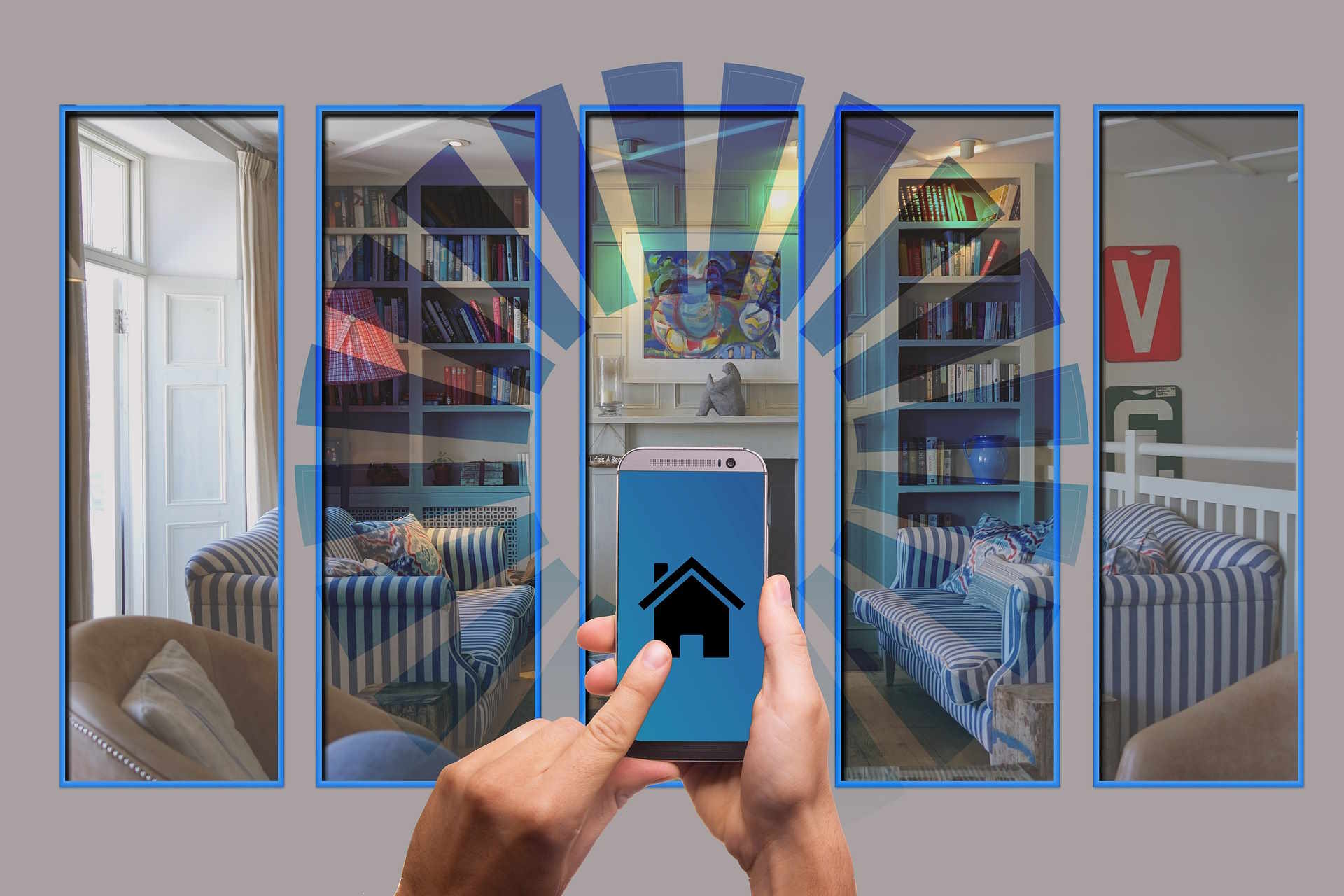"The Intricate Art of Wabi-Sabi in Modern Homes"
Introduction: In the unending quest for perfection, many of us have overlooked the beauty of imperfection. Wabi-Sabi, an ancient Japanese philosophy, is a design concept that celebrates the beauty of life's imperfections. This concept is now making its way into modern homes, bringing with it a sense of peace, simplicity, and serenity. Let's delve into the world of Wabi-Sabi and explore how we can incorporate it into our living spaces.

A Deeper Look into Wabi-Sabi
Wabi-Sabi has its roots in Zen Buddhism, which emphasizes the value of mindfulness and finding beauty in the simple, the rustic, and the flawed. The concept of Wabi-Sabi is all about appreciating the beauty that can be found in imperfection and transience. It is a celebration of cracks, weathering, aging, and natural materials.
The Emergence of Wabi-Sabi in Home Design
Over the past few years, Wabi-Sabi has been gaining popularity in home design globally. People are starting to appreciate the understated elegance that this philosophy brings. Unlike other design trends that push for polished, flawless finishes, Wabi-Sabi is all about honoring the natural beauty of things as they are, with all their imperfections.
Practicality and Market Trends
The Wabi-Sabi design trend is not just about aesthetics; it’s also practical. It encourages the use of natural materials, which are typically more durable and sustainable than synthetic ones. The market for Wabi-Sabi-inspired home decor has been growing steadily, with a noticeable increase in demand for handcrafted, imperfect items.
Applying Wabi-Sabi in Your Home
Incorporating Wabi-Sabi into your home doesn’t have to be a daunting task. Start by embracing natural materials such as wood, stone, and ceramics. Opt for simple, organic shapes and avoid anything too polished or symmetrical. Remember, the goal is to celebrate imperfection, not hide it.
The Impact on Daily Living
Embracing Wabi-Sabi can have a profound impact on our daily lives. It encourages us to slow down, appreciate the simple things, and find beauty in the ordinary. In a world that’s constantly pushing us towards perfection, Wabi-Sabi offers a refreshing, calming alternative.
Final Notes:
The adoption of Wabi-Sabi in modern homes is a testament to our growing desire for authenticity and simplicity. By embracing this ancient philosophy, we can create homes that are not only stylish but also serene and meaningful. So why not give it a try? Embrace the beauty of imperfection, and let Wabi-Sabi transform your home into a sanctuary of peace and tranquility.




